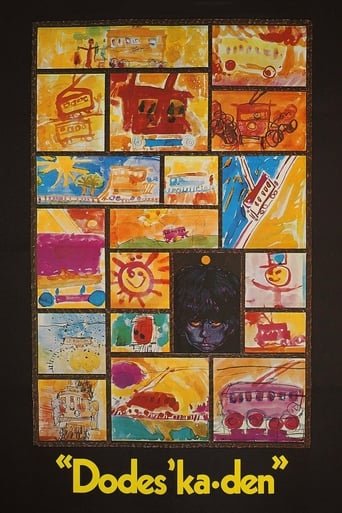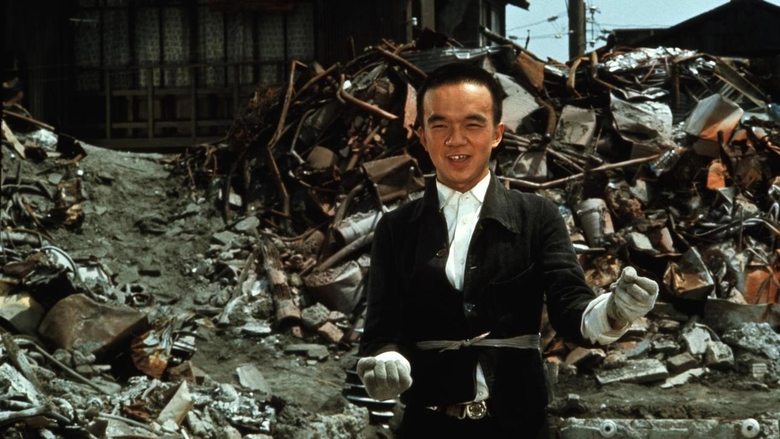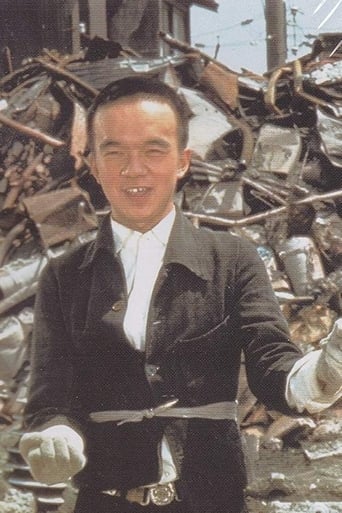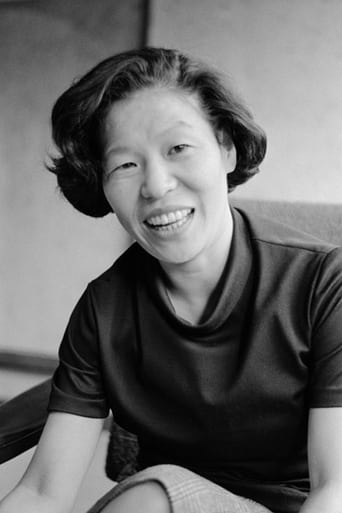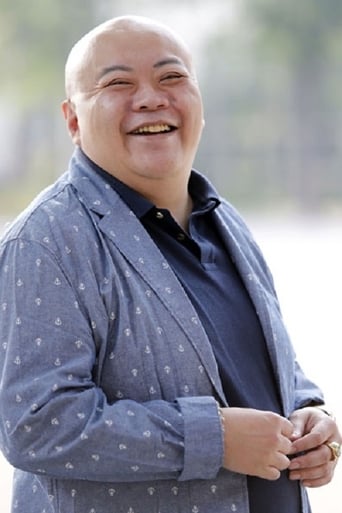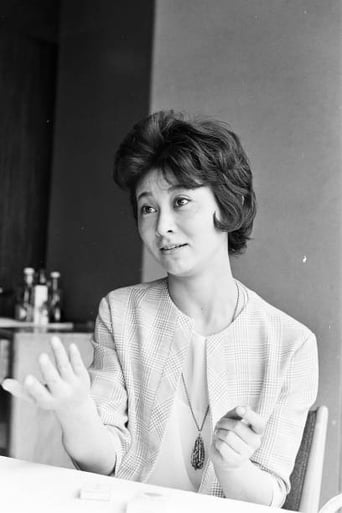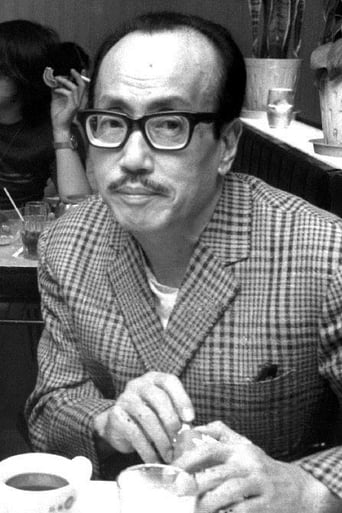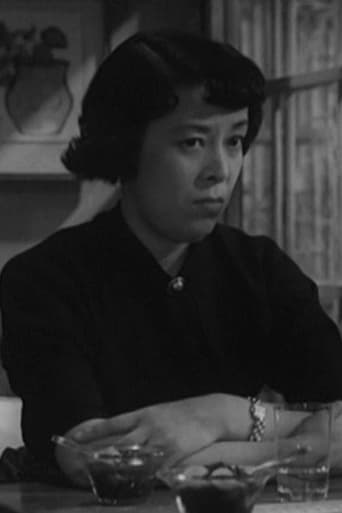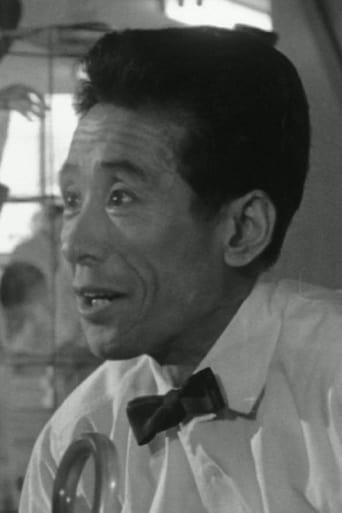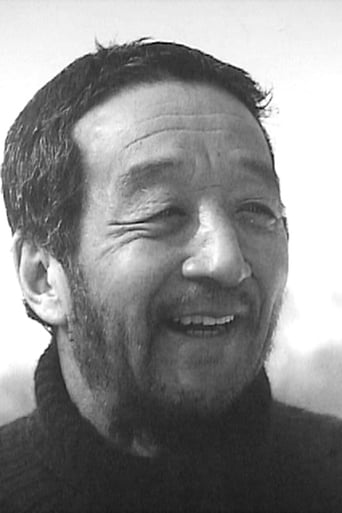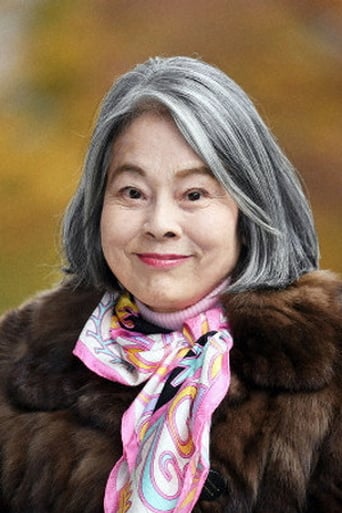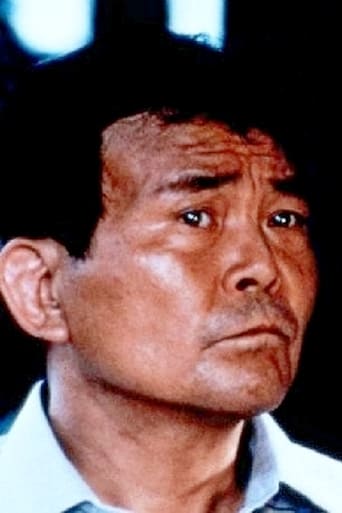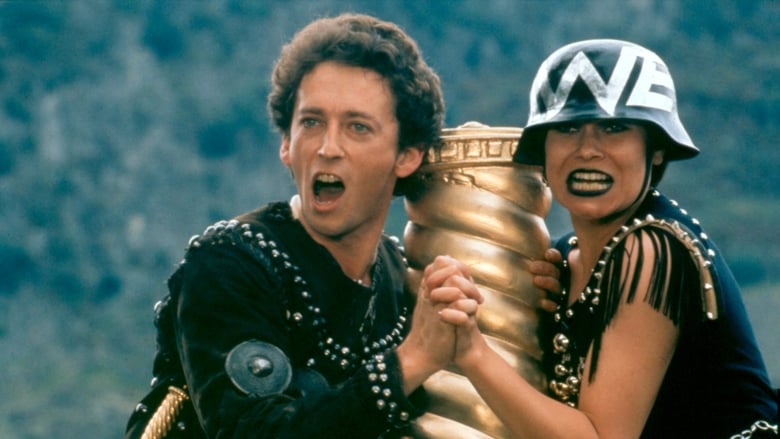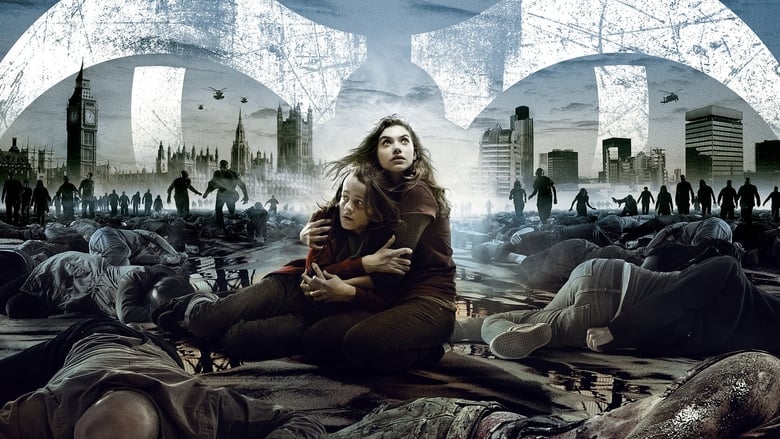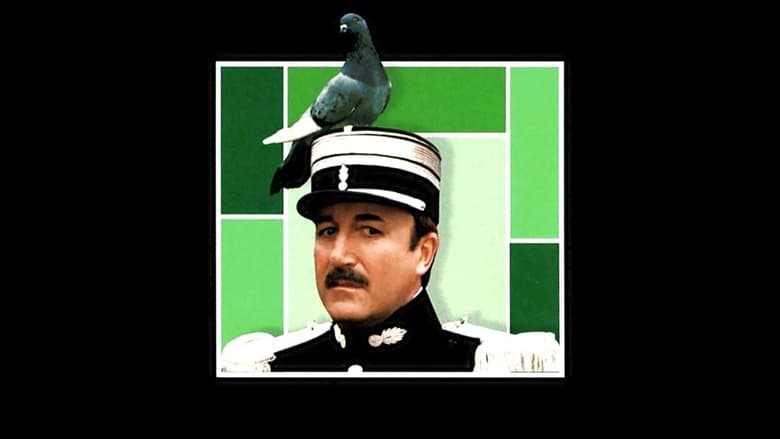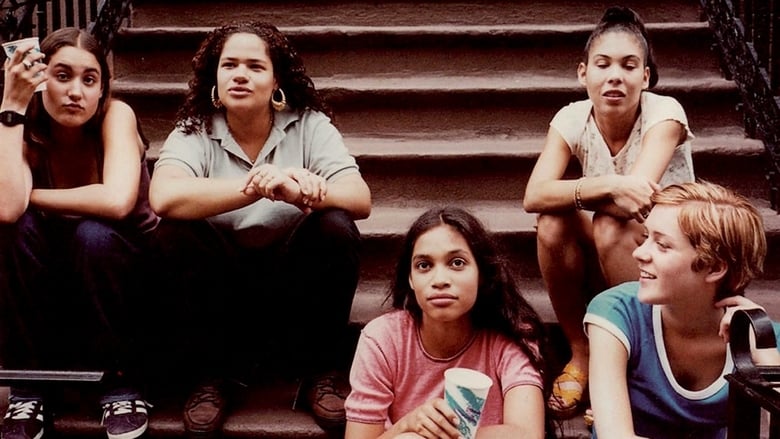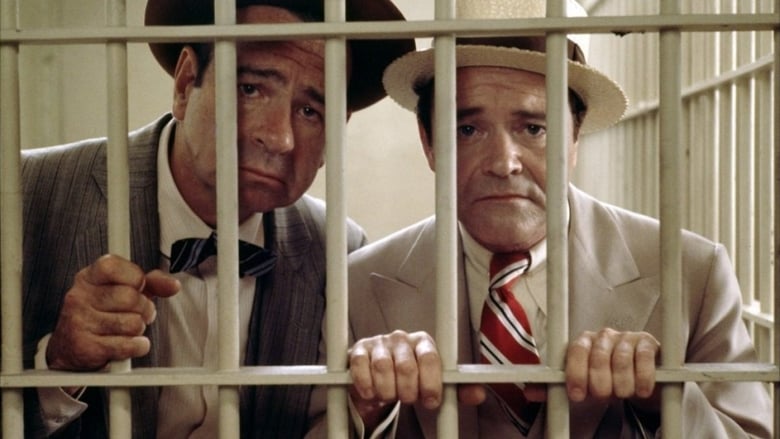This film follows the daily lives of a group of people barely scraping by in a slum on the outskirts of Tokyo. Yet as desperate as their circumstances are, each of them—the homeless father and son envisioning their dream house; the young woman abused by her uncle; the boy who imagines himself a trolley conductor—finds reasons to carry on.


Similar titles


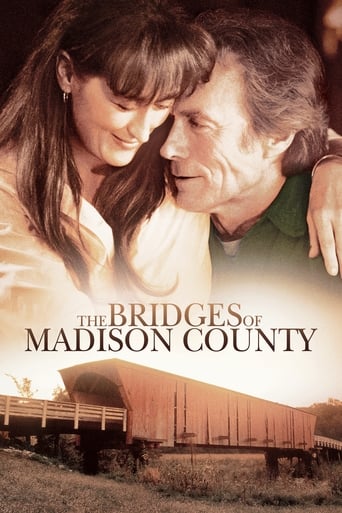
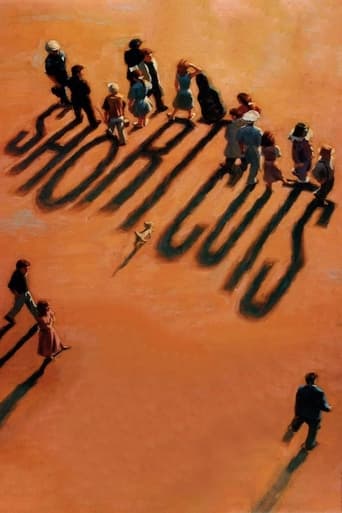



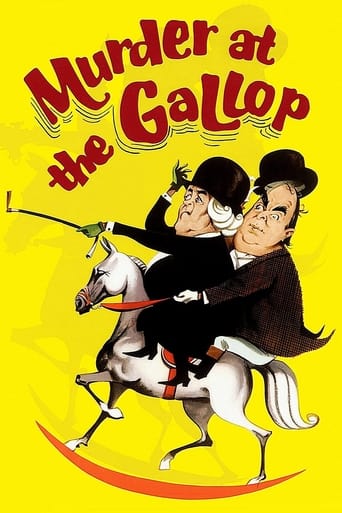


Reviews
When Dodeskaden first came out, both here and in Jaoan, it was not too well received, but it has slowly picked up a following and come to be recognized as the masterpiece which it undoubtedly is. Perhaps the main reason for the earlier mixed reception of this film was the fact that audiences had come to expect a certain type of film from Kurosawa -- a film with lots of action, a definite story line, and, especially lots of Mifune. "Dodeskaden", a Fellini like portrait of a shanty town built from the debris of the Tokyo city dump and populated by the dregs of society with no plot to speak of and no central swashbuckling hero was just too different and too far out for a lot of people to accept.Of course it is not unusual for the public to find it difficult to accept a radical change in style from an established director. When Hitchcick came out with "The Birds" a lot of people accused him of sensationalism, senility, and everything else -- Now, a dozen years later, it is generally recognized as one of his masterpieces. "Dodeskaden" was also Kurosawa's first color film and, like Fellini and Antonioni before him, when he finally turned to color he went directly to surrealistic expressionism. As Antonioni in "Blowup" he had whole areas of ground -- earth, that is -- painted in bright colors to suit his vision for certain scenes, and in general the use of color in the film is not only spectacular but ingenious. Now. that the world has, shall we say "caught up with" Kurosawa --viz-a-viz the absurdity of real life in 1975 -- the absurd world of Dodeskaden 1970 may now be seen as not so far-out after all. At any rate a second look should certainly be a rewarding experience.As for the title, DO-DES- KA-DEN is the sound that a trolley car makes, something like clackety-clack or the like. Rokuchan, a strange but jolly teenage boy who has a thing about trolleys, makes a daily round of the shantytown in an imaginary trolley car, shooing people from the "Tracks", picking up and discharging invisible passengers, and busily shouting "dodeskaden" as he goes on his merry way.Taking Rokuchan's trip with him around Hovel city we encounter, among others, two low class bums who drink heavily and trade wives -- associated with wife-swapping in the suburbs -- a striking comment on today's corrupt suburban mentality. The whole film is, in fact, a commentary on the absurd pretensions of an insane society, and the message if there is one, is perhaps that we would all be a lot better off if we were more accepting of each others foibles. No matter what the content of his films Kurosawa's implied message has always been "Why can't people try to be a bit happier?"Particularly outstanding in a cast loaded with talent is Ban-jun Zaburo, one of the world's cleverest screen comedians, as Mr. Shima, the little man with the epileptic tic and the over-sized limp -- shades of Chaplin at his best -- and Kiyoko Tange is also memorable as his Amazon-like no-nonsense domineering wife."Dodeskaden" is an expressionistic pageant of the Human Comedy that ranks with the best of Kurosawa and, if viewed with an open mind, can only make you feel a little better about being a member of this endangered species.by HERMAN PEVNER (later Alex Deleon) published in the Rafu Shimpo, Little Tokyo Los Angeles, June 1975. image2.jpeg image3.jpeg image4.jpeg
An invisible train rides into a poor, gloomy neighborhood to show us the lives of its peculiar and unique dwellers. Dodeskaden stands for the sound of rail wheels as they advance on the track, although rather than real wheels, the sound is articulated by Roku-chan, the character that leads us to the place where the film unravels.The place, as I mentioned above, is inhabited by some really atypical people; we have two men that are very good friends to the extent they would exchange their wives so they can forget about their daily discussions for a while, as they usually arrive home drunk; There is a father living in the streets who often imagines building a mansion piece by piece in an unknown location, getting his son involved in the process; there is also a mysterious man who never utters a single word and whose presence is reminiscent of death itself. Characters like these are what make this film worth the watch (accompanied by superb acting).Any Kurosawa fan should not hesitate to pick this one up, they will surely find something of interest here.
I first saw this movie as a pre-teen, about the age when kids start to think through their identity. I was greatly affected by the scene of the man and the children who he raises as his own. The eldest boy has been taunted that his mother is a prostitute and none of his siblings have the same biological father (which Kurosawa makes obvious by having children who look nothing like each other). The man still persuades tho boy that he is their father by the only definition that counts. The man is acclaimed to be father by all of the children but one, who still prefers her brother.Each of the vignettes are likewise compelling for their own stories and conclusions.It's a great film, even if it is not the greatest Kurosawa film.
Its definitely not for everyone; a great artist, when he is experimenting, often alienates a large percentage of the public. For my money, its one of the more amazing films of all time, and contains numerous scenes which I can recall vividly; the now-over-the-edge of sanity father exclaiming "the house is finished!"; the stuttering husband defending his rude wife to his guests; the monk offering all of his possessions to a thief; and most of all the incredible closing scene, as the camera pans across walls covered with amazing color drawings of trolley-cars. The compassion Kurosawa shows for humanity is deep and profound; there is nothing else in the annals of film quite like the Buddhist-influenced post-WW2 works of the Japanese directors. There are many many millions of people on the planet today who do not live as well as this little community in the middle of their garbage-dump.
